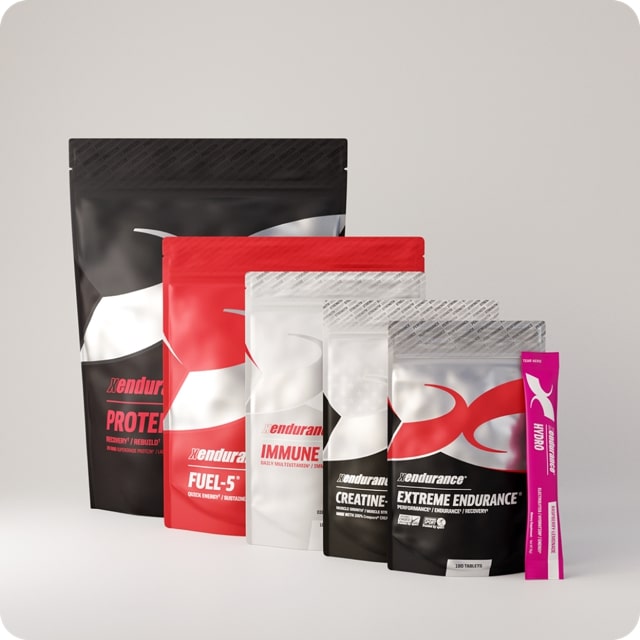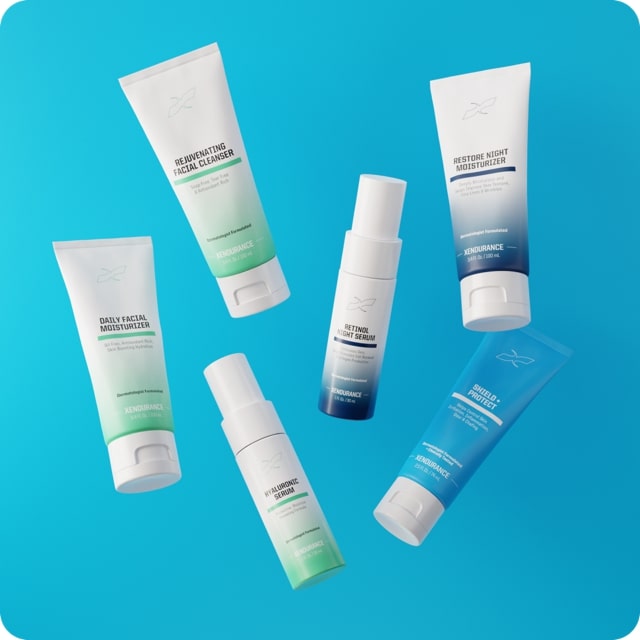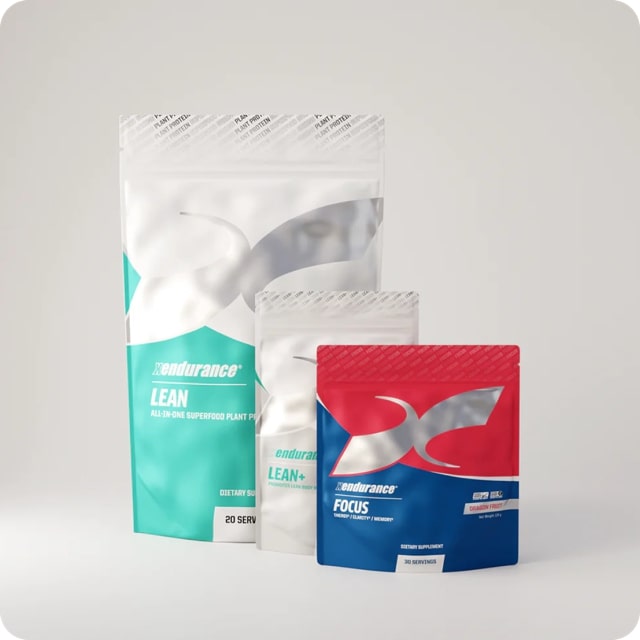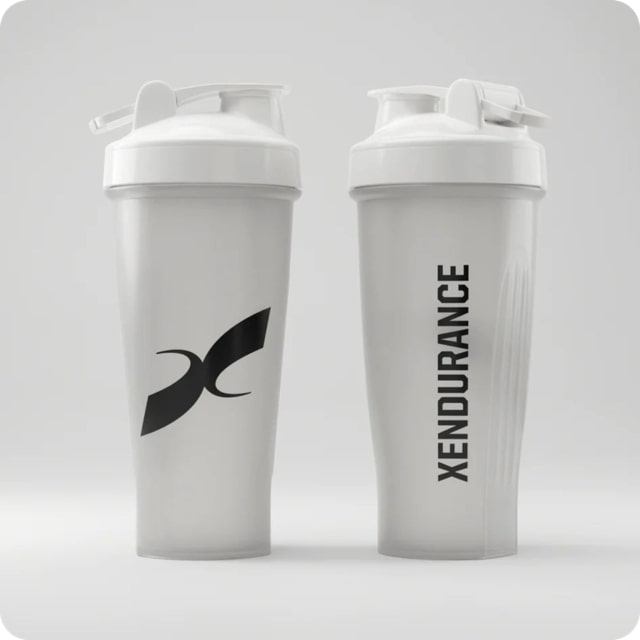As the sun blazed overhead, I settled onto the warm sands of the beach, ready for relaxation. An older woman lying several feet away removed her wide-brimmed sun hat, revealing a deeply wrinkled, leathery bronze face—decades of sun exposure etched into her features. Observing her, I hastily reached for my sunscreen, a sudden realization chilling me more than the ocean breeze. Her sun-worn face was a stark, living warning. I slathered on the lotion, determined to protect my skin and avoid a similar fate. I also became concerned as to how long I should lay on my towel in the hot, blazing sun.
Is Sun a Blessing or a Curse?
Sunlight is both a blessing and a curse. While it is the primary source of vitamin D, essential for bone health and immune function, excessive exposure can lead to skin damage, premature aging, and even skin cancer. Balancing sun exposure is crucial for maintaining skin health and aesthetics. Many of us know the risks associated with too much sun. Have you thought that diet and supplements' role may aid skin protection? Or how certain skincare products can mitigate sun damage? As summer is upon us, let’s discuss why there may be a multifaceted approach to avoiding that leathery age-old skin.
The Risks of Excessive Sun Exposure
The link between sun exposure and skin cancer is well-documented. Ultraviolet (UV) rays from the sun are a major cause of skin cancers, including basal cell carcinoma, squamous cell carcinoma, and the more dangerous melanoma. According to the Skin Cancer Foundation, more than 90% of skin cancers are associated with UV radiation from the sun. UV rays can also lead to skin aging, manifesting as wrinkles, loss of skin elasticity, and pigmentation issues.
Studies have consistently shown that UV exposure contributes significantly to visible signs of aging. A groundbreaking study published in the Annals of Internal Medicine demonstrated that individuals who used sunscreen regularly showed 24% less skin aging than those who did not. This highlights the destructive role of UV radiation in accelerating the skin's aging process.
Can Diet and Supplements Combat Skin Aging?
Beyond topical products, diet and supplements play pivotal roles in skin health, especially vitamins C and E. Vitamins C and E play pivotal roles in skin care, functioning as potent antioxidants that protect the skin from the damaging effects of free radicals generated by environmental stressors such as UV radiation and pollution. These vitamins are not only crucial for defending the skin against external damage but also enhance its natural healing and rejuvenating processes.
Vitamin C, also known as ascorbic acid, is particularly significant for its broad range of benefits. It is renowned for its antioxidant properties, which help neutralize harmful free radicals that can lead to oxidative stress and accelerated skin aging. Furthermore, Vitamin C is vital for the synthesis of collagen, a protein that is foundational to the skin's structure. Collagen imparts elasticity and strength to the skin, making it appear more firm and youthful. The regular application or ingestion of Vitamin C can help diminish fine lines and wrinkles, and its ability to stimulate collagen production helps maintain the skin's integrity and youthful appearance over time.
Moreover, Vitamin C plays an essential role in skin repair. It helps to heal damaged skin cells and reduces the appearance of dark spots and redness, promoting a more even skin tone. This vitamin also enhances the skin's barrier function, boosting its ability to retain moisture, which is critical for maintaining hydration and resilience against environmental irritants.
Vitamin E complements the benefits of Vitamin C by reinforcing the skin's antioxidant defenses. It is oil-soluble, which allows it to maintain the integrity of the skin's lipid barrier, enhancing its moisture retention capabilities. Vitamin E also aids in the healing process of the skin, soothing and repairing it from sun damage and inflammation. When used in conjunction with Vitamin C, Vitamin E helps stabilize it, extending its effectiveness in skin care products.
Together, Vitamins C and E provide a comprehensive shield against environmental damage while promoting skin health from the inside out. They are crucial in any skincare regimen aiming to protect, repair, and enhance the skin's natural vitality and appearance.
Omega-3 fatty acids, found in fish and flaxseeds, are known for their anti-inflammatory properties and can protect the skin from sunburn and reduce the risk of skin cancer. Additionally, foods rich in beta-carotene (like carrots and sweet potatoes) and lycopene (found in tomatoes) can provide natural sun protection by increasing the skin's resilience to UV rays.
Here are more excellent sources of foods that are rich in antioxidants. Some of the top sources include:
- Fruits like pomegranates, apples, lemons, and various dried fruits
- Vegetables including kale, broccoli, chili peppers, olives, beets, and bell peppers
- A selection of berries such as gooseberries, bilberries, blackberries, and blueberries
- Beverages like coffee, green tea, and red wine
- Chocolate, particularly those types with a high percentage of cocoa
- Various herbs and spices
The Role of Sunscreens in Preventing Sun Damage
Sunscreens are undoubtedly the frontline defense against the harmful effects of UV radiation. They work by either absorbing or reflecting the sun's rays. The American Academy of Dermatology recommends using a broad-spectrum sunscreen with an SPF of 30 or higher, which should be reapplied every two hours or immediately after swimming or sweating.
It's crucial to understand that no sunscreen can block 100% of UV rays. Therefore, incorporating additional protective measures such as wearing protective clothing, seeking shade, and avoiding the sun during peak hours (10 a.m. to 4 p.m.) are essential strategies to further mitigate sun damage.
Skincare Moisturizers: Do They Help?
In addition to sunscreens, there are moisturizers and serums designed to repair and protect the skin from sun damage. Many of these products contain ingredients like hyaluronic acid to hydrate the skin deeply, niacinamide to improve skin elasticity, and retinoids that promote skin renewal and repair. Some moisturizers also come with added SPF, providing an extra layer of protection against UV exposure.
- Hyaluronic Acid: This powerful hydrator helps attract and retain moisture in the skin, making it plump and hydrated. It reduces the appearance of fine lines and wrinkles by keeping the skin fully moisturized, enhancing skin elasticity and repair.
- Niacinamide: Also known as Vitamin B3, niacinamide works to strengthen the skin's barrier function, improve skin texture and tone, and reduce inflammation. It also helps to diminish redness, pore appearance, and hyperpigmentation, thereby promoting healthier, more resilient skin.
- Retinoids: Derived from Vitamin A, retinoids are known for their ability to accelerate skin renewal, enhance collagen production, and reduce the appearance of fine lines and wrinkles. They also help to unclog pores and even out skin tone, contributing to smoother and clearer skin.

Safeguarding Your Skin from Sun Damage
So how much is too much sun? Does your future hold a leathery, deeply wrinkled face in the mirror? We know that too much sun can have detrimental effects on the skin, leading to premature aging and increasing the risk of skin cancer. While sunscreens are crucial for protecting the skin from UV damage, they are not the only line of defense. A diet rich in antioxidants and omega-3 fatty acids, and the use of appropriate skin care products, including moisturizers with active ingredients, can greatly enhance the skin's ability to fend off the damaging effects of the sun.
The balance between getting enough sun to maintain vitamin D levels and protecting oneself from its harmful effects is delicate. Integrating a holistic approach that combines protective measures, proper diet, and skin care regimen can create the best shield against the risks associated with sun exposure, ensuring healthier, younger-looking skin for longer.










コメントを書く
このサイトはreCAPTCHAによって保護されており、Googleプライバシーポリシーおよび利用規約が適用されます。